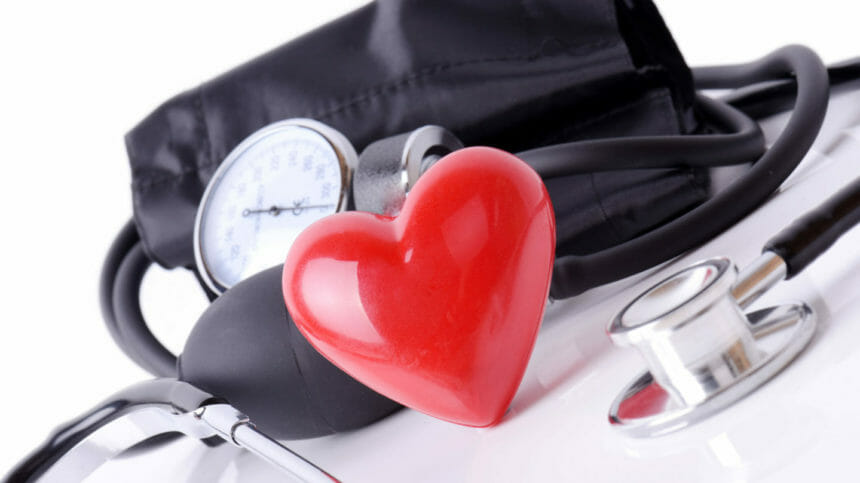
One of the largest cardiovascular studies ever conducted has shown that blood pressure medications are effective no matter the time of day they are administered, investigators say.
More than 21,000 patients were randomized to take their blood pressure-lowering medications in the evening or in the morning. They were followed for about an average of five years, with some participating for over nine years.
Contrary to prior evidence, taking medication in the evening did not reduce the odds of adverse cardiovascular events related to hypertension compared with taking medication in the morning, reported Prof. Thomas MacDonald of the University of Dundee in Scotland.
Nocturnal blood pressure is known to better predict cardiovascular outcomes than daytime blood pressure, MacDonald said at the European Society of Cardiology Congress 2022 on Aug. 26. And a study from 2009 suggested that taking antihypertensive drugs in the evening rather than in the morning could help to reduce nighttime blood pressure.
The new results refute that theory and evidence, he said. In the new study, 3.4% of participants in the evening dosing group were hospitalized for nonfatal heart attack or stroke, or vascular death. Similarly, 3.7% in the morning dose group were hospitalized for these events, he reported.
Antihypertensive drugs can be given whenever it best suits the patients, MacDonald concluded.
“The trial clearly found that heart attack, stroke and vascular death occurred to a similar degree regardless of the time of administration,” he said. “People with high blood pressure should take their regular antihypertensive medications at a time of day that is convenient for them and minimizes any undesirable effects.”



